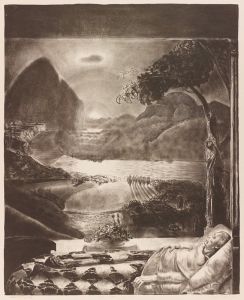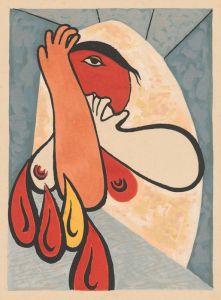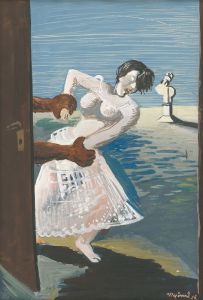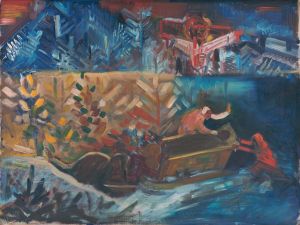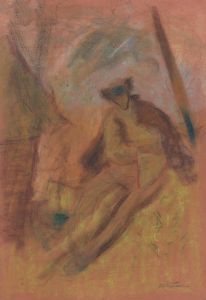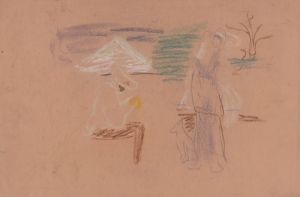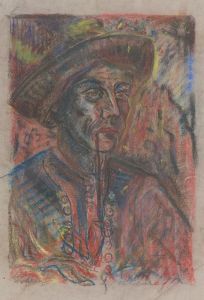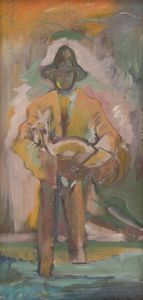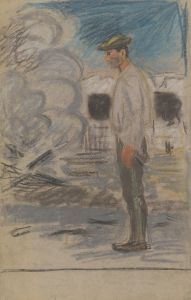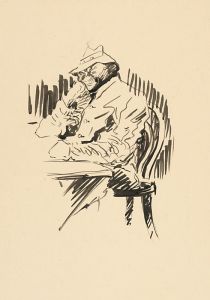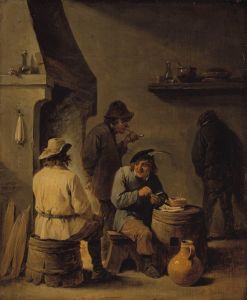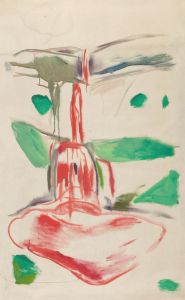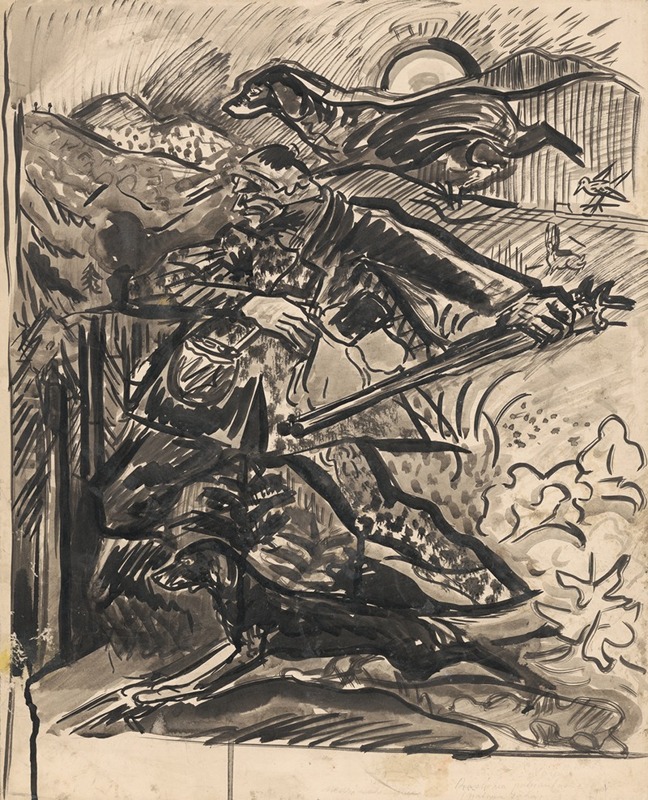
Passion
A hand-painted replica of Arnold Peter Weisz-Kubínčan’s masterpiece Passion, meticulously crafted by professional artists to capture the true essence of the original. Each piece is created with museum-quality canvas and rare mineral pigments, carefully painted by experienced artists with delicate brushstrokes and rich, layered colors to perfectly recreate the texture of the original artwork. Unlike machine-printed reproductions, this hand-painted version brings the painting to life, infused with the artist’s emotions and skill in every stroke. Whether for personal collection or home decoration, it instantly elevates the artistic atmosphere of any space.
Arnold Peter Weisz-Kubínčan was a Slovak-Hungarian painter and graphic artist whose work is associated with modernism and expressionism. He was born on May 3, 1898, in Dolný Kubín, then part of Austria-Hungary, and later became known for his innovative and emotionally charged artworks. Weisz-Kubínčan's life and career were tragically cut short during the Holocaust, as he was murdered in a Nazi concentration camp in 1944.
One of his notable works, Passion, reflects the artist's deep engagement with themes of human suffering, spirituality, and existential struggle. The painting is often recognized for its intense emotional resonance and its use of bold, expressive forms and colors. Weisz-Kubínčan's style in Passion demonstrates his ability to combine elements of modernist abstraction with deeply personal and symbolic content. The work is believed to have been created during the 1930s, a period when the artist was actively exploring themes of faith, identity, and the human condition.
Passion is characterized by its dynamic composition and dramatic use of color, which convey a sense of turmoil and inner conflict. The painting's title suggests a connection to the Christian concept of the Passion of Christ, a theme that Weisz-Kubínčan may have used to reflect broader ideas of suffering and redemption. However, the interpretation of the work remains open, as the artist's intentions are not fully documented.
Weisz-Kubínčan's artistic output was relatively limited due to his untimely death, and much of his work was lost or destroyed during World War II. As a result, surviving pieces like Passion are considered significant not only for their artistic merit but also as a testament to the cultural and historical context in which they were created. Today, his works are preserved in various collections, including the Slovak National Gallery, where they continue to be studied and appreciated for their unique contribution to 20th-century art.
Due to the scarcity of detailed records about Weisz-Kubínčan's life and specific works, much of what is known about Passion comes from art historians' analyses and the broader context of his oeuvre. The painting remains a poignant reminder of the artist's talent and the tragic loss of cultural heritage caused by the Holocaust.





